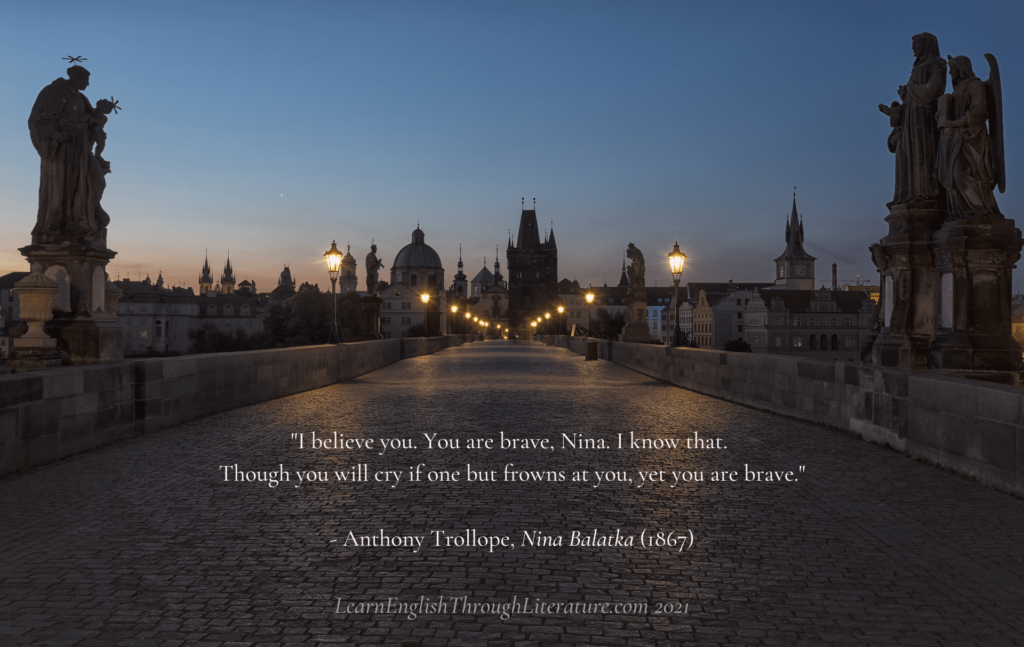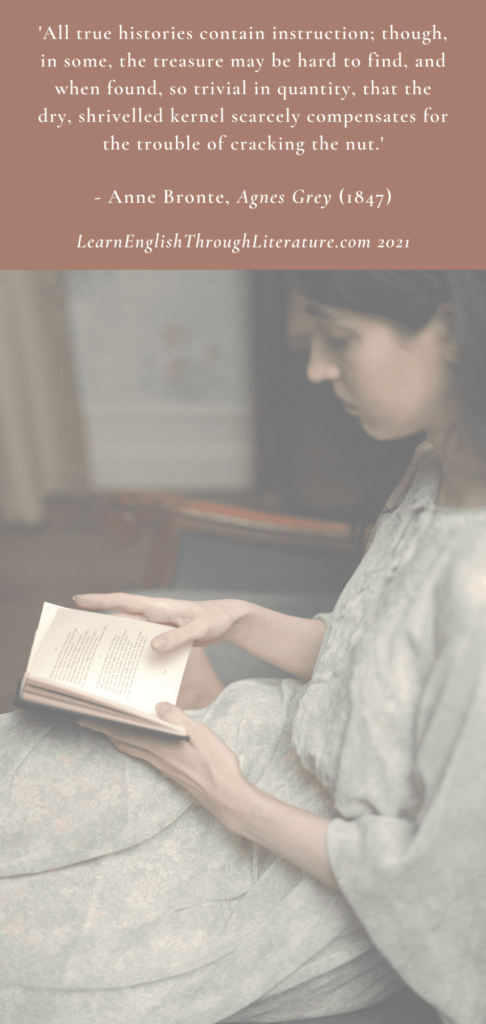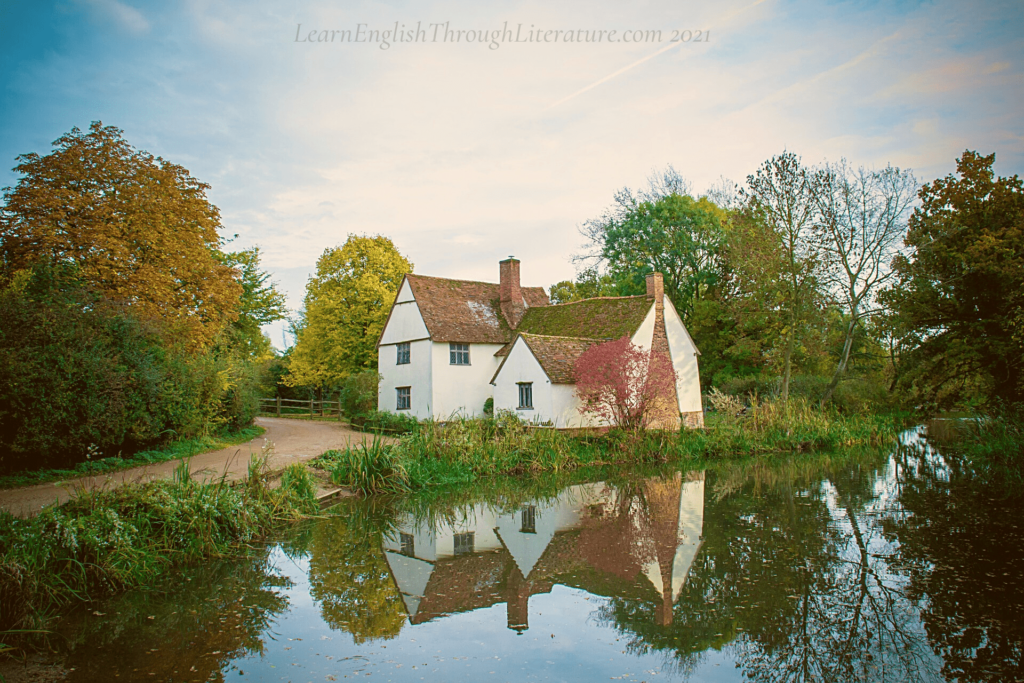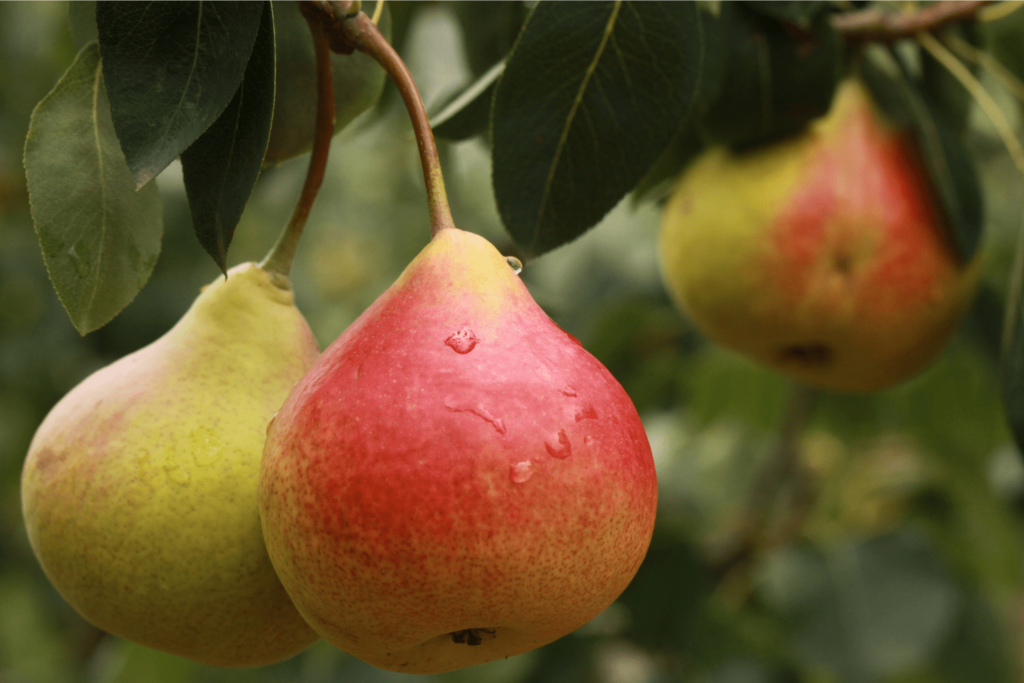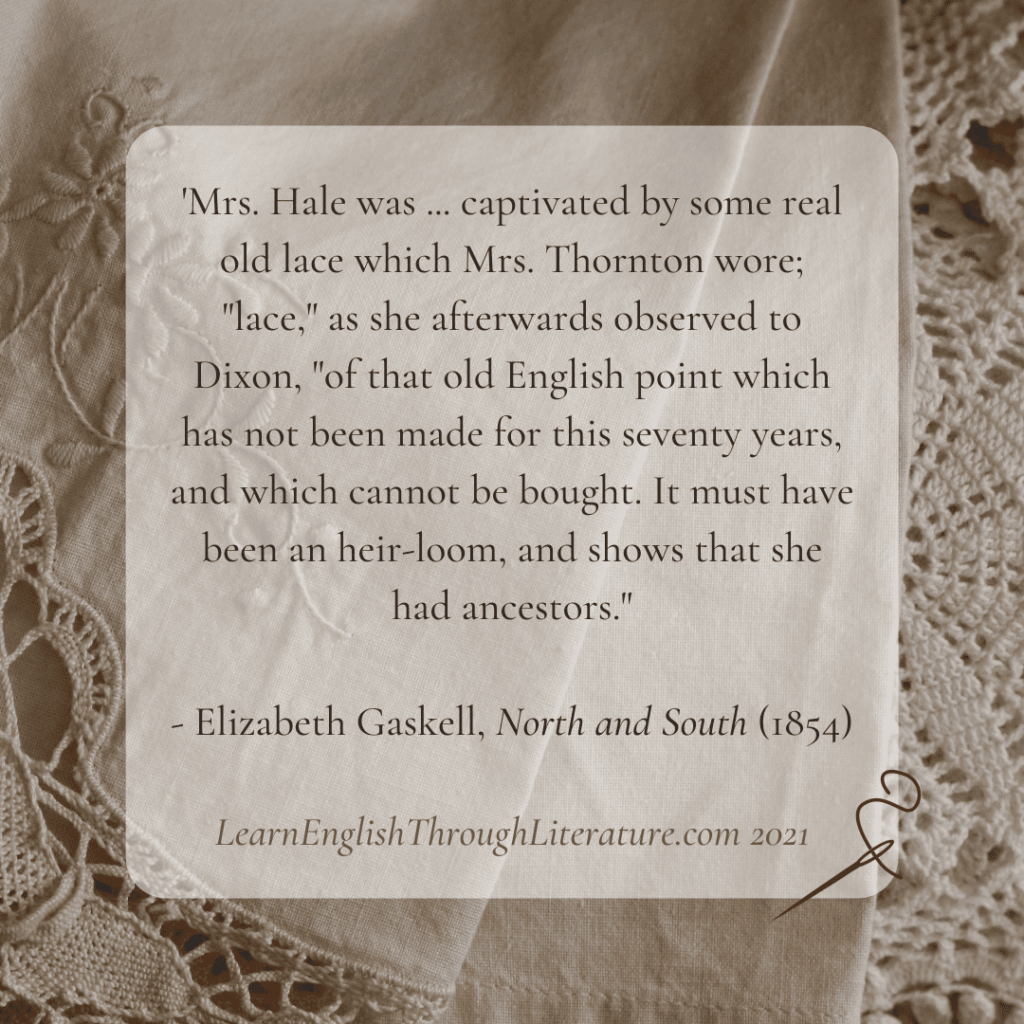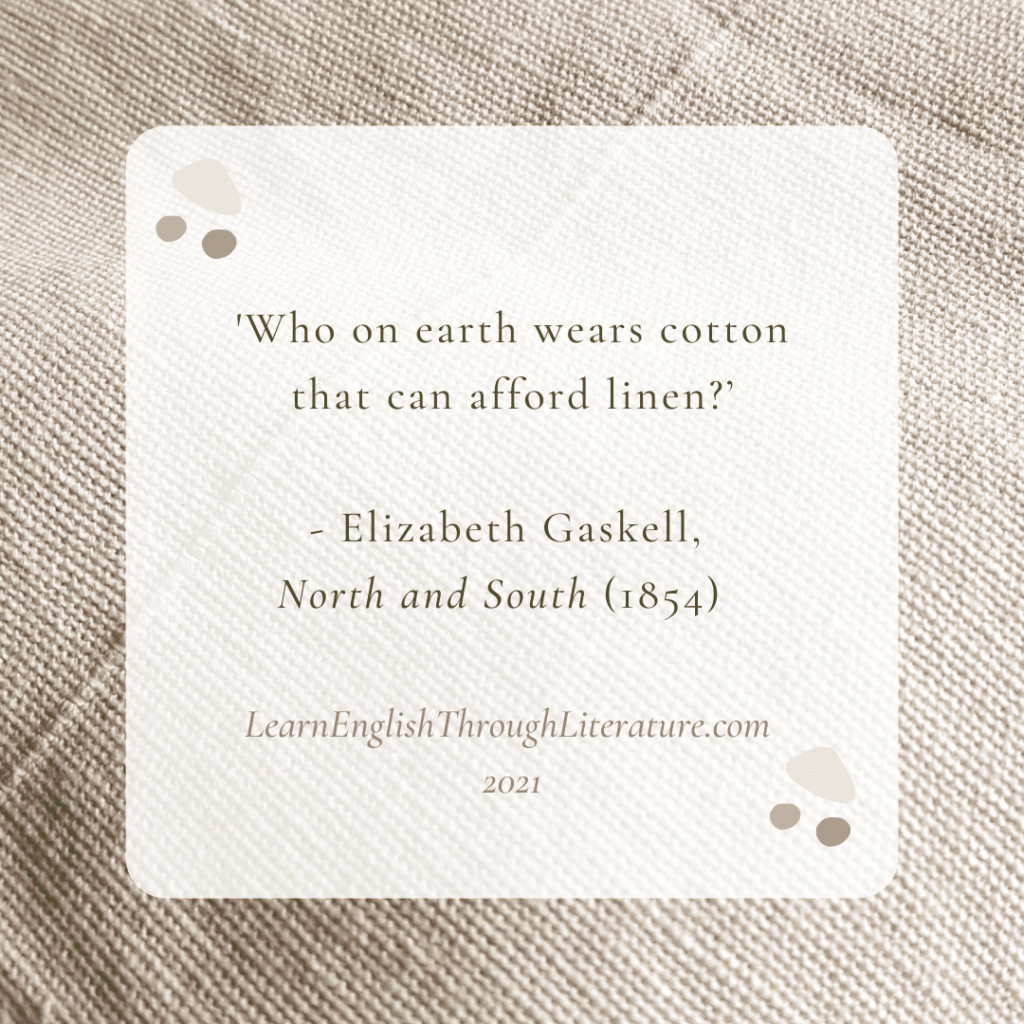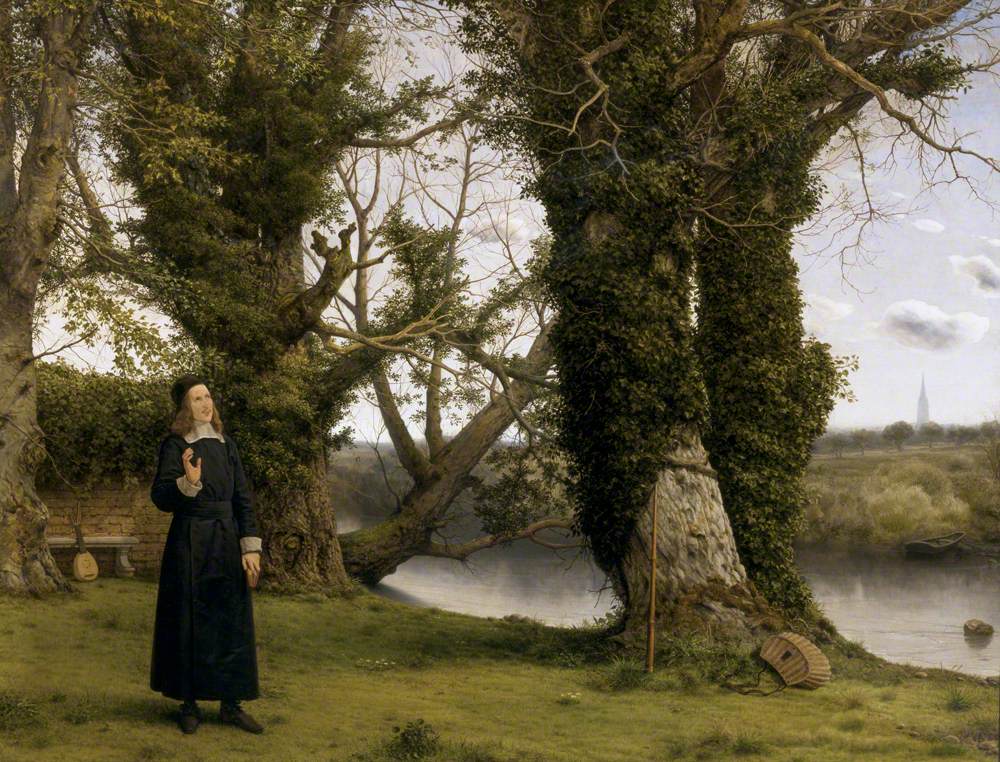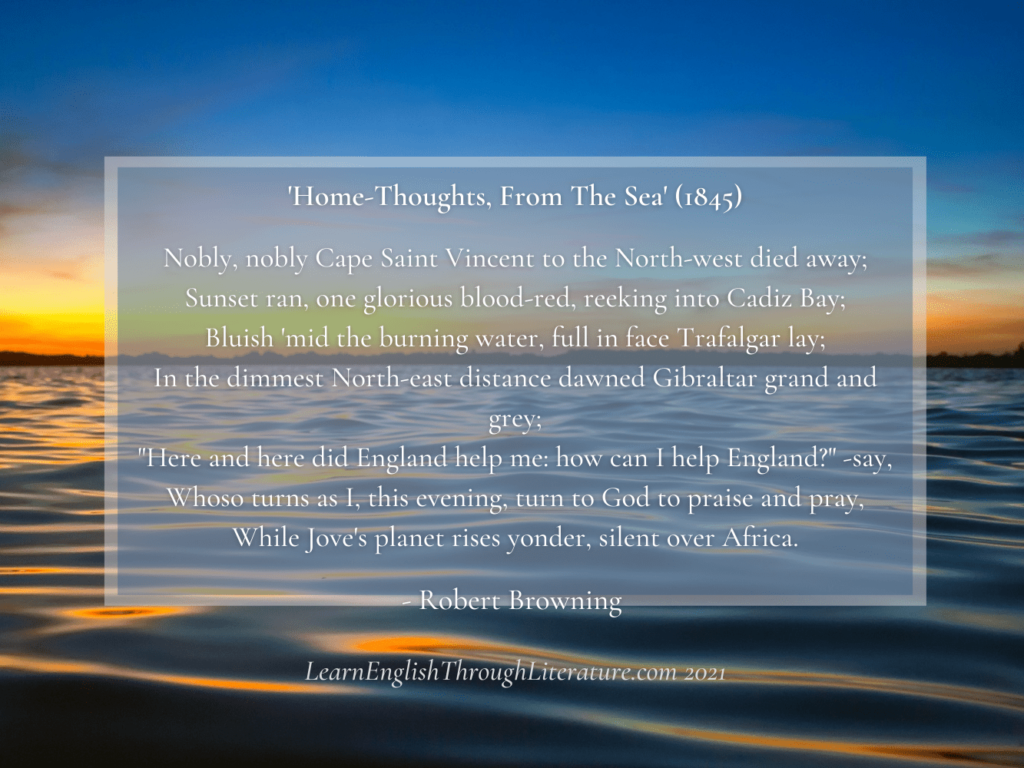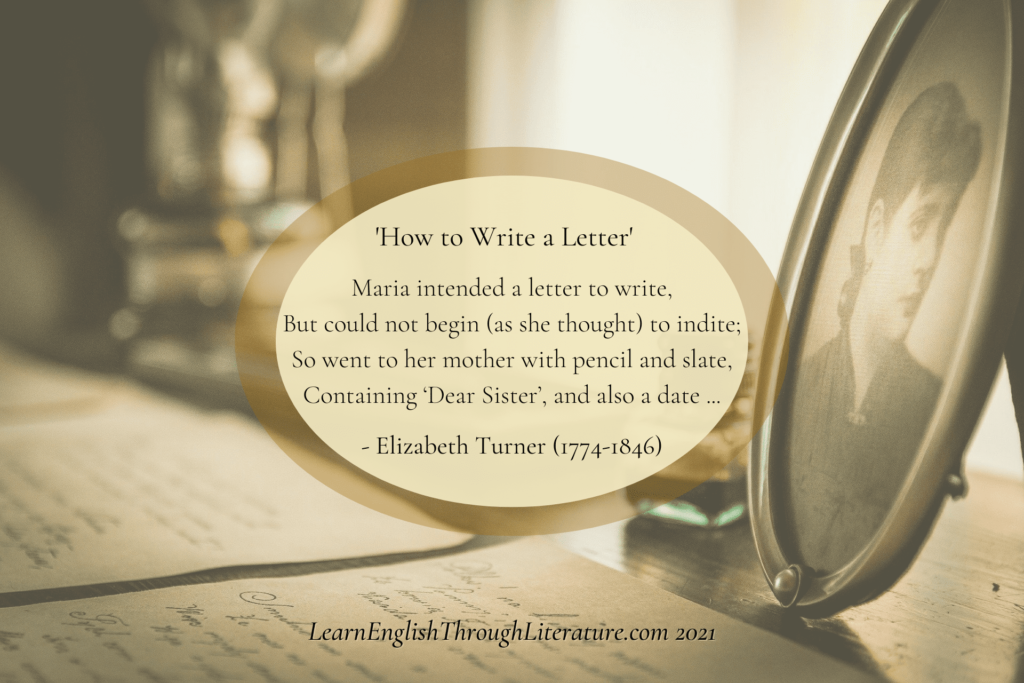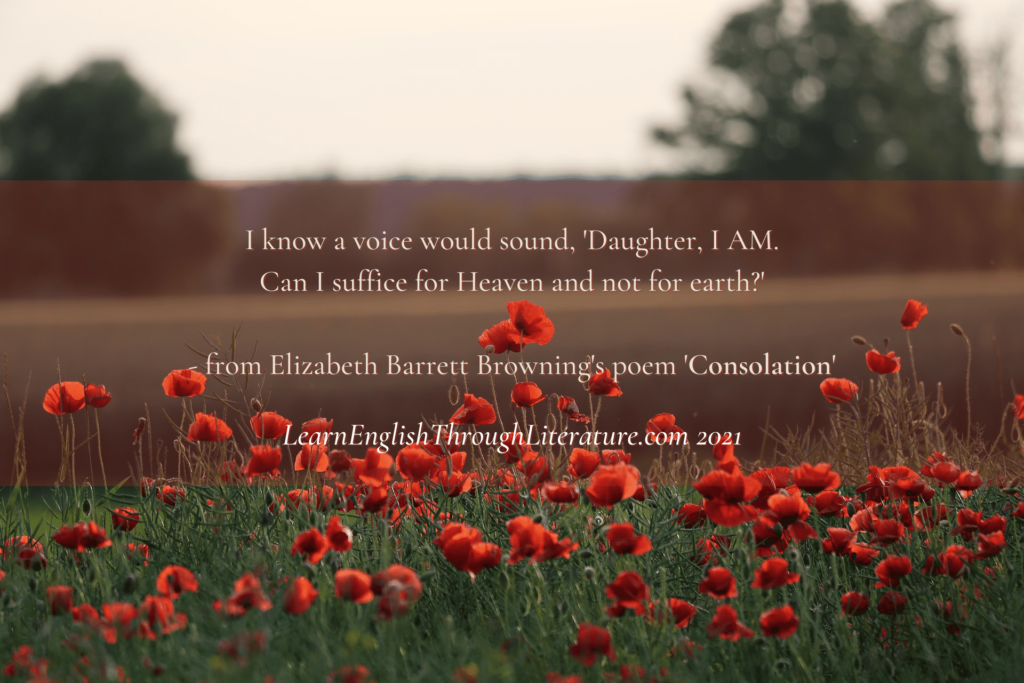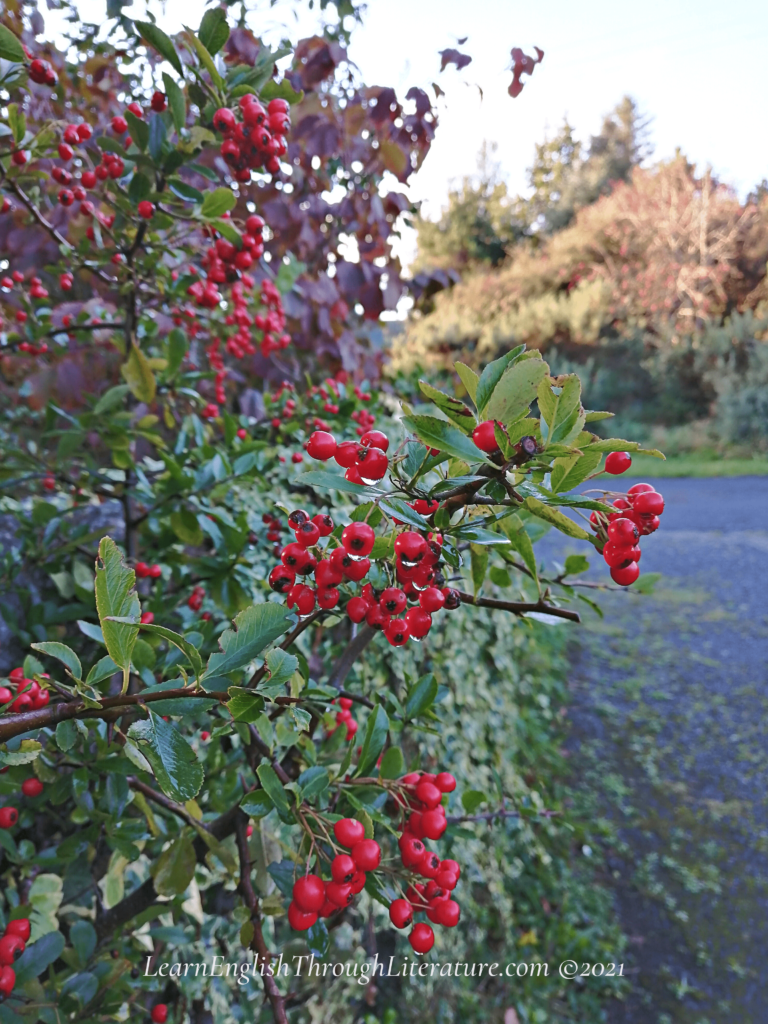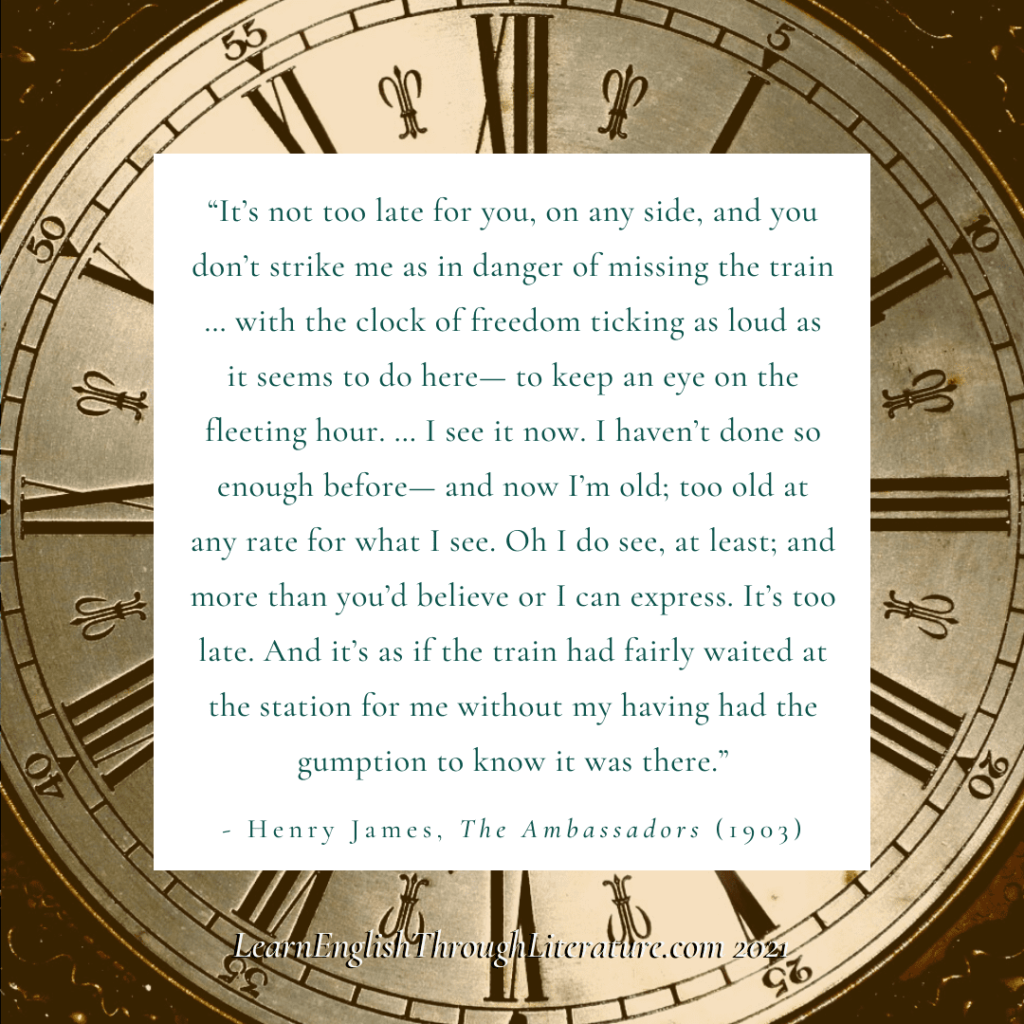Lesson #272: Common Issues for Hebrew Speakers studying English (Part 1)
If you have been following our Lessons since the start of November, you will have noticed that we are taking a look at some common mistakes made by students from different language backgrounds. I always mention that these Lessons are not a criticism of your mistakes! I hope instead to offer some helpful points on […]
Lesson #272: Common Issues for Hebrew Speakers studying English (Part 1) Read More »

